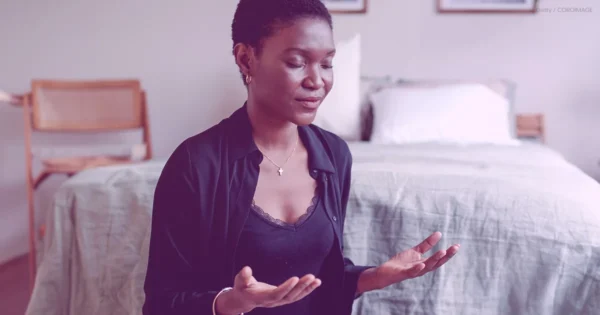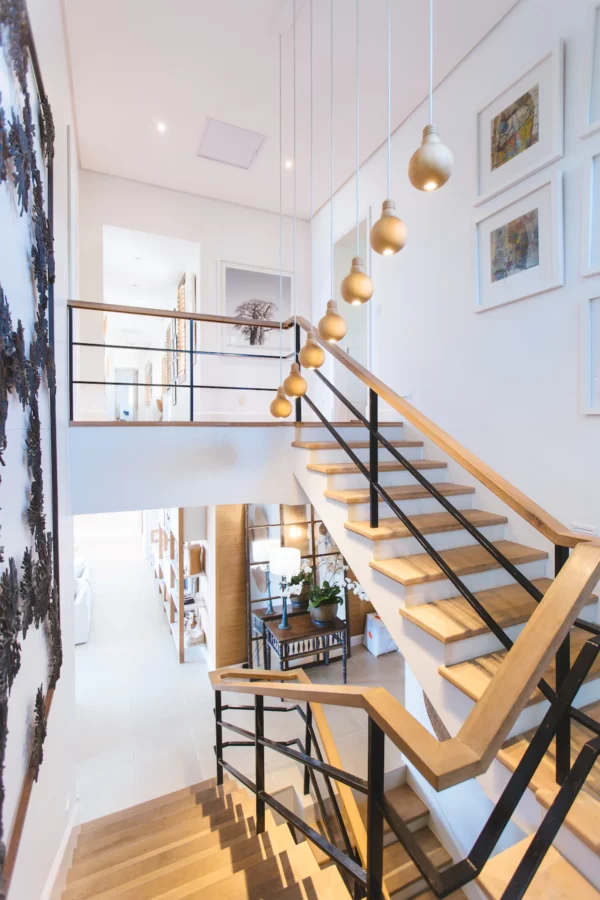
What to Look for in a Potential Home
What to look for in a potential home
Buying a home can be an intimidating step for anyone. It’s important to look past your first impression and determine if this is really the home for you. In the end, it’s not about fancy crown molding or the paint colour on the walls. Instead, it’s about the home you are going to invest in. You are likely to hire an inspector to check out certain problem areas, but what about the things they won’t check for you? This list of what to look for in a potential home will get you off to a good start!
Explore the Neighborhood
You may love the house you are looking at, but what about the neighborhood? Is it a place you could see yourself living in? To see if it would be a good place to raise a family, look for kids playing outside. What about the curb appeal of the other houses? Check to see if their lawns are nice and tidy or if they are getting overgrown and dingy. If you see neighbors out and about, there’s no harm in asking them if they love their neighborhood. They will probably tell you the truth!
Consider the Location
Location is important! Know where you want your house to be. Do you like the suburbs, the city or the country? Is the house close to schools, restaurants, parks or shopping areas? Make sure your future commute to work won’t wear you down every day. Ultimately, location can be just as significant as the home itself.
Make Note of the Lot
You need to be sure that you love where your house sits. Is there a steep incline in the backyard? If so, it may not be the best place for kids or entertaining. Think about what you want to do outside, whether it is gardening or hosting parties. Make sure the lot is conducive to your wants and needs.
Know How Many Bedrooms and Baths You Need
You should make sure that the house you are looking at fits your needs. You may have a small family, or it may be just you, but having an extra room for an office or a guest room will absolutely come in handy. On the other hand, do you really want to clean three bathrooms or heat a five-bedroom house in the winter? Make sure as well to check the hvac system if it needs air conditioning and heating repair.
When you are looking for a house, be sure to use websites that allow you to search homes by how many bedrooms and bathrooms you want along with home size, lot size and desired location. It will save you time! And don’t forget to go beyond Realtor.com – location-specific companies and sites often have much better insight and can better help you find the home of your dreams. Another note: don’t rely on Zillow too much as the information is not always up-to-date.
In addition to knowing the number of rooms you want, make sure the specifications of the rooms meet your needs. Will you be able to fit the furniture you have in each room? You definitely don’t want to add buying new furniture to your list of expenses when you become a new homeowner.
Check Walls for Cracks
When inspecting your potential new home, look for cracks in the walls. Small cracks are easily fixed by spackling, but larger cracks can indicate a foundational problem with the house. Make sure to accompany your home inspector and ask about the things you may see that concern you. Also, don’t forget to check the roof lines, ceilings and drain holes. If the home has roofing issues, the seller may have roofing replacement before turning the house over to you.
Look at the Bedbug Registry
It’s sort of disgusting, but totally necessary if you don’t want to live in a house previously infested by bedbugs. The bedbug registry is a free database that allows you to search an address and see if it was ever reported to have bedbugs. It may be horrifying, but it’s free and easy, so why not?
Check the Water Pressure
You need to be happy with the water pressure, because there’s nothing more frustrating than a shower that barely works. Also, note whether the home has city water or well water, because those things affect water pressure, too. It can also be important to see how long it takes for the water to heat up when you run faucets and shower heads.
Inspect the Kitchen
Decide what you like and what you don’t like about the kitchen. What can you live with, even if you don’t like it? Kitchen renovations can be pretty pricey, so if it’s not in the budget to tear apart a kitchen and remodel it, don’t go for one you don’t want. But if you have the budget for it, then I suggest you go for a kitchen remodeling project. Look under the kitchen sink for dark spots in the wood. This will tell you if the pipes are leaking and that there may be mold issues. Also, look for mouse and ant traps, just in case the home has an infestation problem.
Walk the Layout
Try to envision yourself in the house and walk the layout. Make sure the hallways aren’t awkward with lots of twists and turns. Do you care if there are a lot of steps? Are the washer and dryer easily accessible? These things matter to you when you actually start living in a house. Be certain that you can live with the layout before moving in, because that isn’t likely to change.
There are tons of things to look for when you are buying a house, but it doesn’t have to be totally overwhelming. Look into the items on this list, and even make your own checklist with additional information to go over when you inspect your potential home.

















































